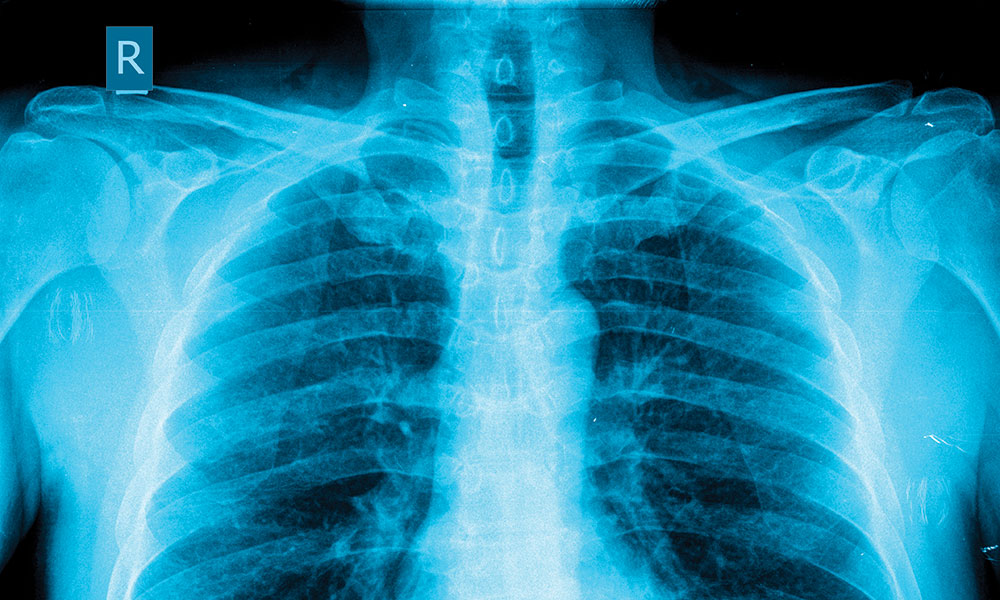
Power of A: Breathing Easier
An American College of Chest Physicians program trains Chinese lung doctors in patient care.
If you’ve seen news photos of the Beijing skyline cloaked in a gray, polluted haze—or perhaps encountered it yourself on a visit to the city—you’ll probably understand why the American College of Chest Physicians (CHEST) developed the China-CHEST Pulmonary and Critical Care Medicine Fellowship Program.
“This is just an opportunity to improve respiratory health throughout the country,” says Interim CEO Stephen Welch. “The Chinese have a high incidence of lung disease. There’s still a high smoking rate, there’s air quality issues, environmental occupation issues. So this is a real opportunity to help a population that is going to need improved care over time.”
The fellowship program, an ASAE Power of A Summit Award winner, seeks to standardize training for China’s pulmonary physicians in respiratory and critical care illnesses.
“When you think about China, being a country of over a billion people, there’s a real opportunity here to work together with the Chinese medical physicians and the government to implement a more standardized training program, so they can ensure that the quality of care is more consistent throughout the country,” Welch says.
Since launching the pilot program in 2013, CHEST has been working with 12 societies and institutions in China to train physicians by providing them with the curriculum and final exam, and then performing site visits to ensure the teaching meets CHEST’s standards. In September 2016, the first four graduates completed the program.
CHEST expects to expand the pilot to 30 to 50 institutions while awaiting the Chinese Ministry of Health’s formal recognition of the program as a subspecialty training, which will allow CHEST to implement it throughout China.
Welch explains that unlike the United States, many countries do not have medical training standards. This program, which was designed based on the organization’s discussions with its Chinese members, aims to solve that issue by meeting the country’s training needs.
“This is really a mission-based program,” Welch says. “We’re not going to get anything out of this financially. We’re really doing this because it improves the care of patients and fulfills our mission to provide education to physicians around the world.”—Alex Beall
(Oceandigital/Thinkstock)






Comments